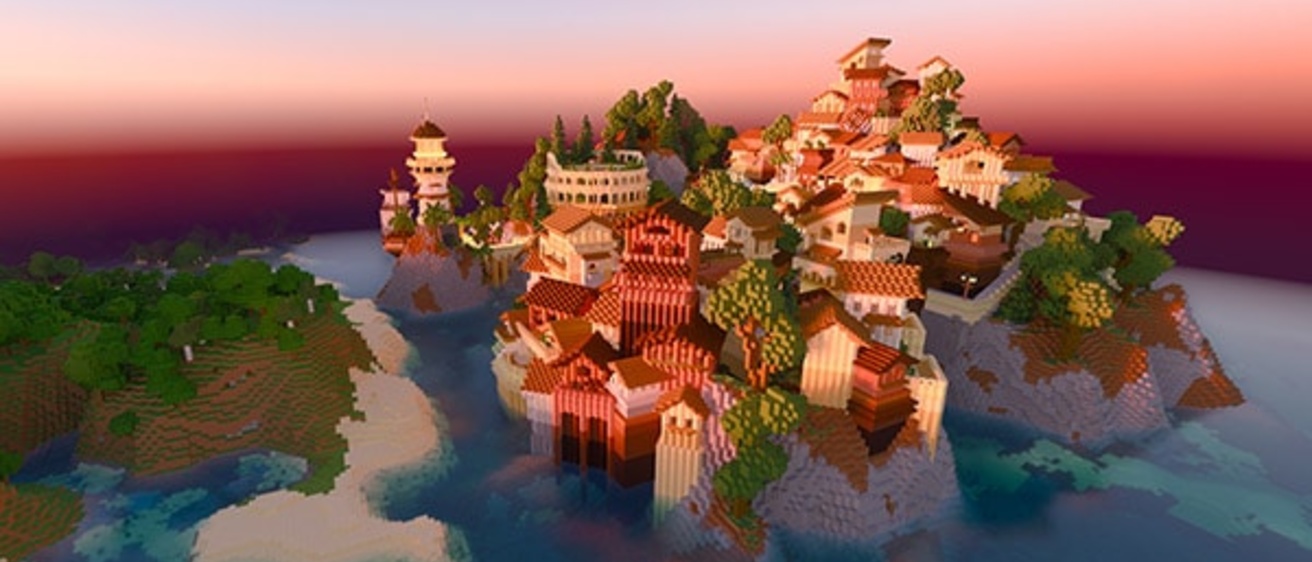The Books Ends—Obermann/OVPR Book Completion Workshop has provided support for more than a dozen University of Iowa scholars to host working conversations about their manuscripts in process. Intended for faculty from disciplines in which publishing a monograph is required for tenure and promotion, the award brings two senior scholars to campus (or to our virtual campus) for a candid, constructive, half-day workshop on the faculty member’s book manuscript. Two senior faculty members from the UI are also invited to participate as an opportunity to learn about and support the work of a colleague.
We are currently taking applications for this program. To provide a sense of how a recent Book Ends awardee experienced the workshop, we reached out to awardee Christopher Goetz (Cinematic Arts, CLAS).
Please tell us about your book project, tentatively titled The Counterfeit Coin: Videogames and Fantasies of Empowerment.
The book is an exploration of the idea that popular games and related entertainment media are best understood as fantasies—wish-fulfilling, playful structures. For example, many games are about the pleasure of feeling exposed to some threat, then recovering to safety just in the nick of time. The wish is to feel secure in a world of adversity. I connect some version of this fantasy—what psychoanalysts call a "fantasy of a tether"—to survival games such as Minecraft. Though the connection between fantasy and games may seem obvious at first glance, considering this connection at length allows the book to reconsider a number of foundational assumptions about what games are, how they relate to other media, and what theoretical frameworks might best help us understand them.
What seems most important about this project to the current moment?
There is an old debate in game studies about whether digital games are a platform for telling stories (and should be studied using representational frameworks), or else are something new, and should be studied using new methods that attend to their rules, structures, or algorithmic processes. This debate (known as the narratology-ludology debate) has largely gone underground in that most game scholars prefer not to actively rehash it, even though everybody has an implicit position. However, the current moment in game studies is clarifying. The centrality of games in contemporary culture wars—especially since the events of #GamerGate—has led to a divide in the field between scholars who attend to the politics of representation and those who generally do not. My book is an olive branch to the latter. I frame the work as a careful study of how questions of identity remain relevant regardless of one's definition of games. Fantasy is something that intersects with both a game's representational content and its rules and systems, while also being deeply connected with subjectivity.
Where are you in the writing of this book?
This work began as a dissertation, but it has continued to live with me and evolve over the past decade. I am currently completing a final round of revisions, guided largely by the invaluable feedback provided by the Book Ends Workshop.
Your workshop occurred last October and included Patrick Jagoda from the University of Chicago, Sheila Murphy from the University of Michigan, and UI faculty Corey Creekmur and Rosemarie Scullion. What is something you particularly remember about the experience of meeting with them and their reaction to your work?
I will never forget the encouraging feedback I received from leading scholars in my field. The actual experience was deeply humbling. But I came away feeling more confident about the project than at any time in the past decade. One respondent evoked the image of the Mario jump to describe the work as a "fantastic leap forward for this field." Of course, beyond mere praise, each person participating in my workshop provided pages and pages of insightful and honestly invaluable feedback about improving the manuscript.
How did the process affect your book project?
The feedback from the workshop is intended to be encouraging and practical. I received helpful suggestions for small improvements throughout the manuscript—as well as some more focused suggestions for how I introduce and frame the work. We did discuss the possibility of a more sweeping revision: the elimination of an entire chapter. However, we also discussed ways of better positioning and framing that chapter. All told, this is the most detailed and thorough feedback I have received for improving this work since I was a graduate student! It will have a profound impact on the final shape it takes.
What's next for this project?
I am currently completing a final round of revisions for this project at Rutgers University Press. While there is no publication date yet, it is roughly scheduled for 2023.
